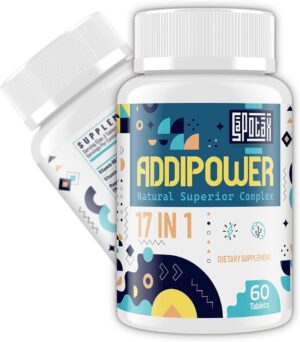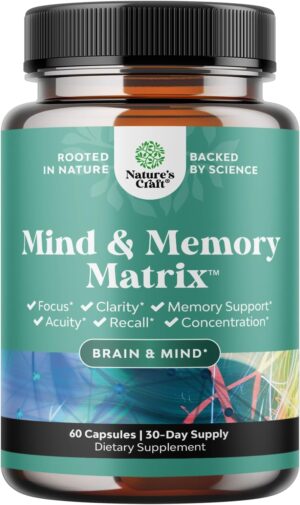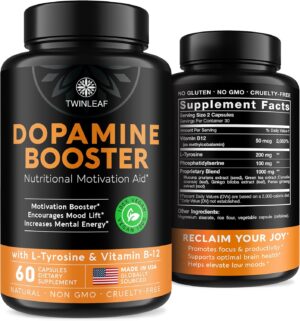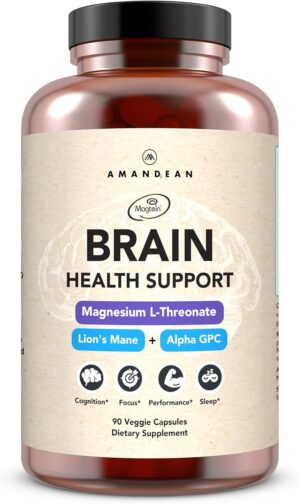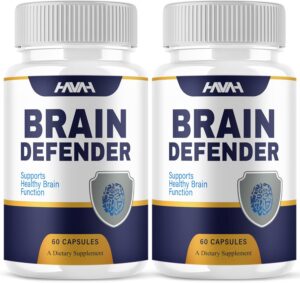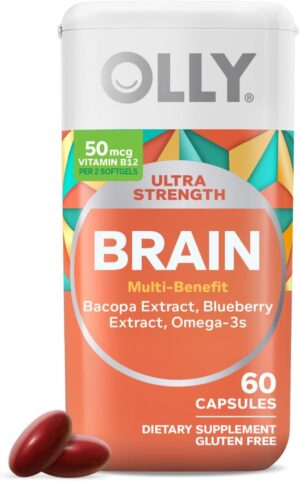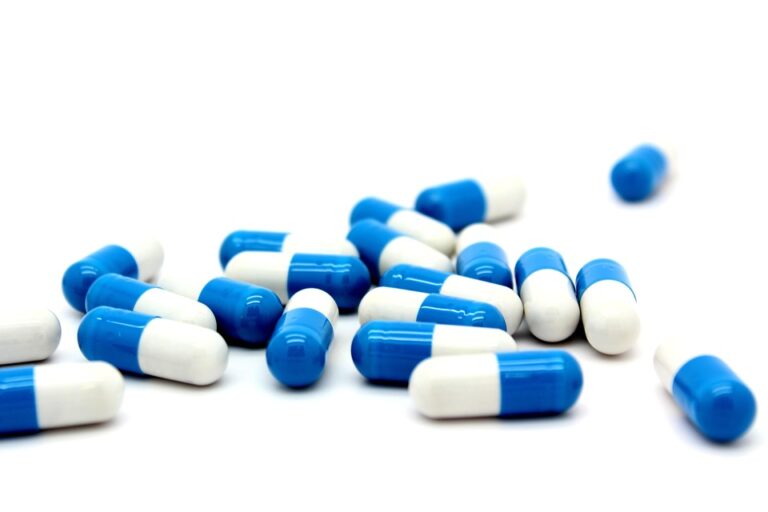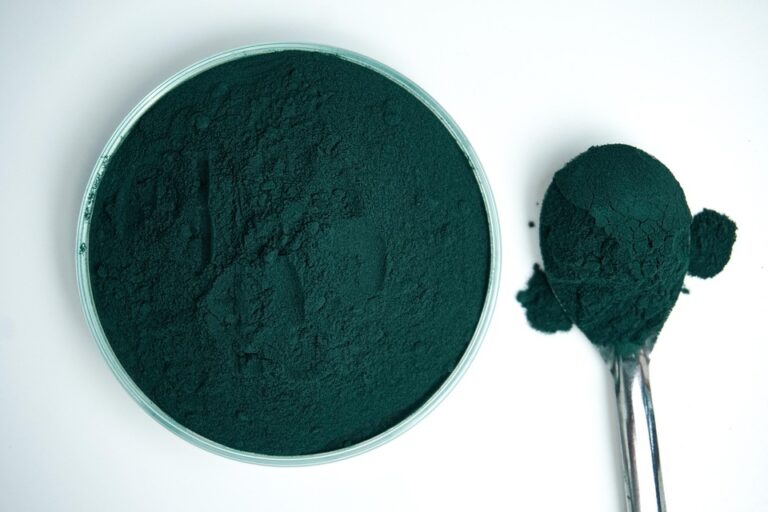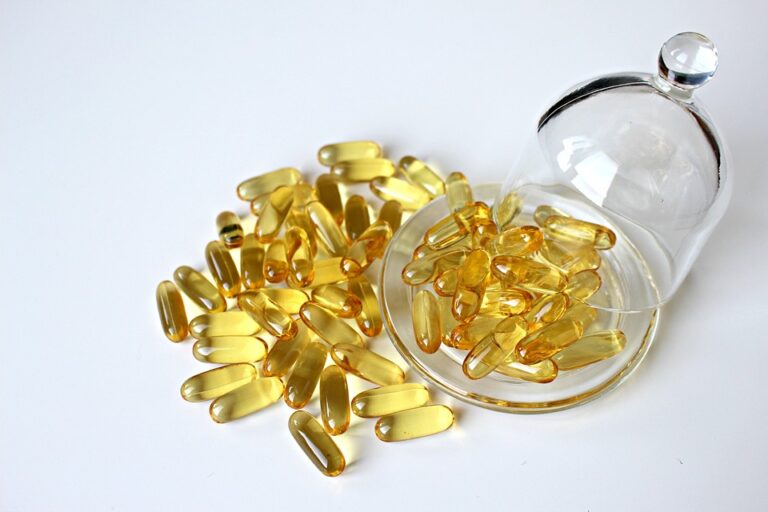Creatine is one of the most well-researched and widely used supplements among athletes for improving strength, power, and muscle recovery. However, in recent years, its use has expanded beyond the gym—students, professionals, and cognitive enthusiasts are now turning to creatine to boost mental performance. But does it really help the brain? Let’s explore the science behind creatine’s cognitive benefits and why more people are incorporating it into their routines.
What Is Creatine?
Creatine is a naturally occurring compound found in muscle cells, where it helps produce adenosine triphosphate (ATP), the primary energy currency of cells. While most people associate it with physical performance, the brain also relies on ATP for cognitive functions like memory, focus, and decision-making.
Approximately 95% of the body’s creatine is stored in muscles, but the remaining 5% is found in the brain. Studies suggest that supplementing with creatine can increase brain creatine levels, potentially enhancing cognitive abilities, especially under stress or fatigue.
How Creatine Supports Mental Performance
1. Boosts Brain Energy Metabolism
The brain consumes about 20% of the body’s energy at rest. By increasing phosphocreatine stores, creatine helps maintain optimal ATP levels, which may support:
- Improved memory and recall (especially short-term memory)
- Faster processing speed
- Reduced mental fatigue during prolonged tasks
A 2018 review in Neuroscience & Biobehavioral Reviews found that creatine supplementation improved cognitive performance, particularly in tasks requiring speed and working memory.
2. Enhances Mental Resilience Under Stress
High-stress situations—such as exams, high-pressure work environments, or sleep deprivation—can deplete energy reserves in the brain. Creatine may help by:
- Reducing mental fatigue in sleep-deprived individuals
- Improving mood and stress resistance (some studies suggest it may have mild antidepressant effects)
- Supporting focus and decision-making under cognitive load
3. May Protect Brain Health
Emerging research suggests creatine may have neuroprotective benefits:
- Supporting mitochondrial function (vital for brain cell energy)
- Reducing oxidative stress linked to cognitive decline
- Potentially aiding neurological conditions (like Parkinson’s disease and traumatic brain injury)
Who Can Benefit from Creatine for Mental Performance?
While athletes use creatine primarily for physical gains, the following groups may see cognitive benefits:
✅ Students – For improved focus, memory retention, and exam performance
✅ Professionals – To combat mental fatigue during long workdays
✅ Gamers & Esports Players – For faster reaction times and sustained attention
✅ Older Adults – To support age-related cognitive decline
How to Use Creatine for Cognitive Benefits
The most studied form is creatine monohydrate, typically dosed at 3–5 grams per day. Unlike pre-workout stimulants, creatine works cumulatively and should be taken consistently for best results.
Key Considerations:
- Timing isn’t crucial—daily intake matters more.
- Hydration is important, as creatine draws water into cells.
- No need for loading phases—studies show similar long-term results with or without.
Final Thoughts
Creatine is more than just a muscle-building supplement—it’s a powerful nootropic that supports brain energy, reduces mental fatigue, and may enhance cognitive performance under stress. While more research is needed, current evidence is promising, making creatine a popular choice not just for athletes, but also for students and professionals looking to maximize their mental edge.
Would you try creatine for cognitive benefits? Let us know in the comments!
Disclaimer: Always consult a healthcare professional before starting any new supplement.
Would you like any modifications or additional details on specific studies?


